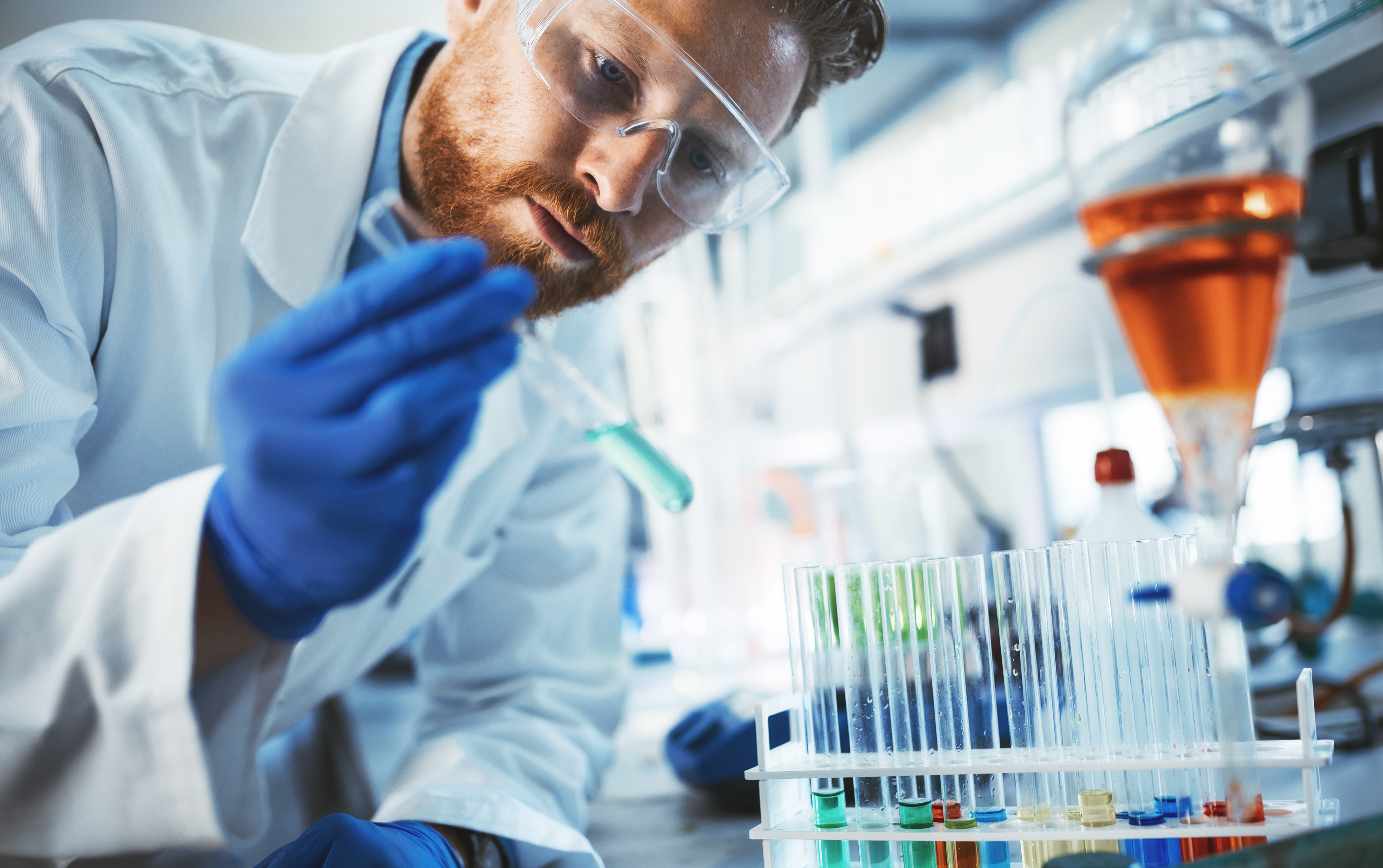Synthetic biology – referred to as “synbio” by insiders – could develop industry worth billions of dollars, creating thousands more jobs that previously expected according to a new report by national science agency, CSIRO, and its venture capital fund, Main Sequence.
The Synthetic Biology National Progress Report, released this week, is an update to the 2021 National Synthetic Biology Roadmap – which originally estimated the sector could be worth $27 billion annually and 44,000 jobs by 2040. Three years on, those figures have been updated to $30 billion annually, creating more than 50,000 new jobs within 16 years.
The increased figures follow synthetic biology startups receiving more than $363 million in capital over the past three years.
Synthetic biology, also known as engineering biology, applies engineering workflows and sophisticated genetic technologies to rapidly design and create new solutions from the building blocks of life. A primary example is in the treatment of diabetes, where synthetic insulin now helps millions as scientists also work on broader solutions to the disease.
But rather than medicine, agriculture and food is were local synbio startups are leading the way, representing 45% of the sector and capturing the lion’s share of capital investments at $290 million.
CSIRO’s Health and Biosecurity Futures lead Greg Williams said sybio research and development had also scored $44.5m in research grants over the last three years.
“Federal and State governments have bolstered outcomes by establishing support programs to translate research into commercial activity, seed new businesses, and develop shared infrastructure,” he said.
“Our analysis shows that Australia has continued to foster a strong synthetic biology research and development ecosystem.
“However, more still needs to be done to strengthen the ecosystem through international collaboration and domestic leadership, governance and skills.”
The new report charts Australia’s progress against 10 recommendations in the original 2021 roadmap.
Alongside the upgrade to value and jobs, the report also identified strong progress against goals relating to research commercialisation and investing in infrastructure, however, less activity was identified for attracting international collaboration and talent, and strengthening leadership, governance, and skills to enhance national coordination.
In 2022, the University of NSW entrepreneurship program, UNSW Founders, launched SynBio 10x, a venture-backed accelerator for deep tech startups focused on synthetic biology and biotech. Main Sequence will invest $120,000 into each startup in the accelerator program, with the promise that the VC will look to provide further investment post program for high performing startups.
Main Sequence Ventures partner Gabrielle Munzer said VC investment in synbio promises to deliver transformative benefits across a range of sectors to deliver social, environmental; and economic benefits.
“Synthetic biology has incredible potential to positively impact many global challenges, from food production to environmental sustainability,” she said.
“Main Sequence is invested in helping build the synbio ecosystem to responsibly drive this field forward. Since 2021, we have supported over a dozen pioneering companies that are engineering biology to tackle pressing needs like food scarcity, agriculture, and waste remediation.
“Together, these companies have raised over $100 million in funding and created 135 jobs to date. This is only the beginning and synbio remains a largely untapped opportunity.”
You can read the report here.




















Trending
Daily startup news and insights, delivered to your inbox.